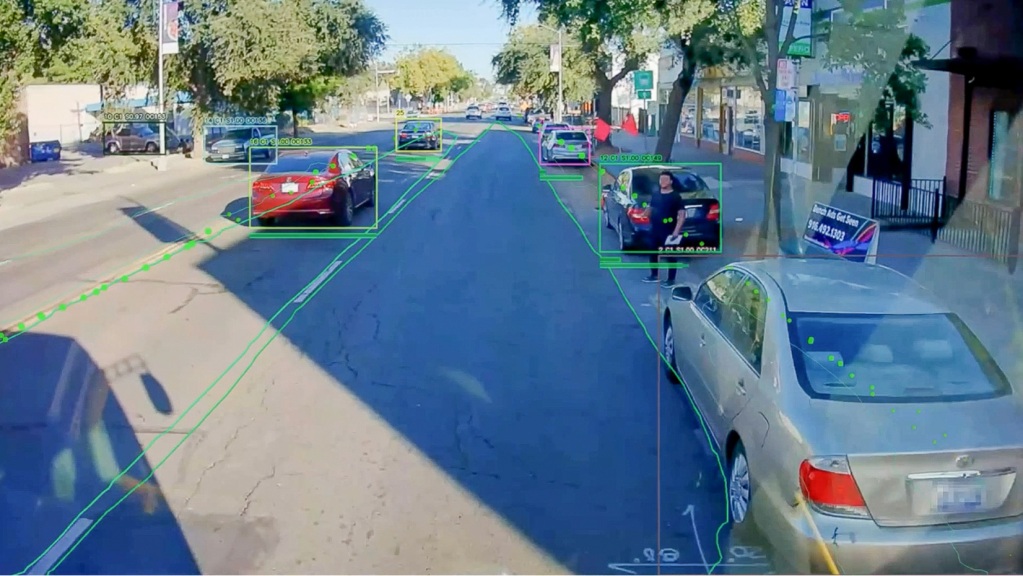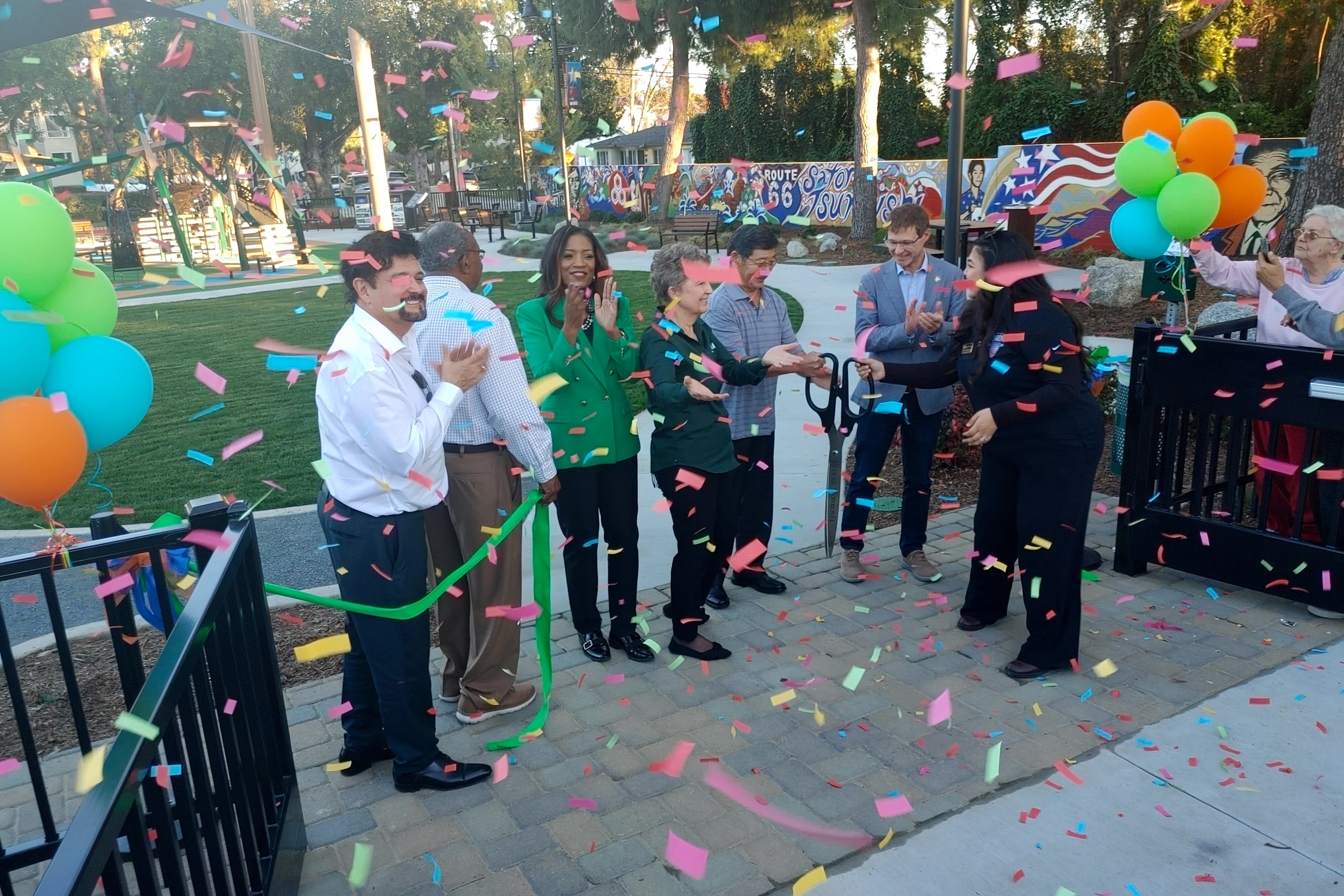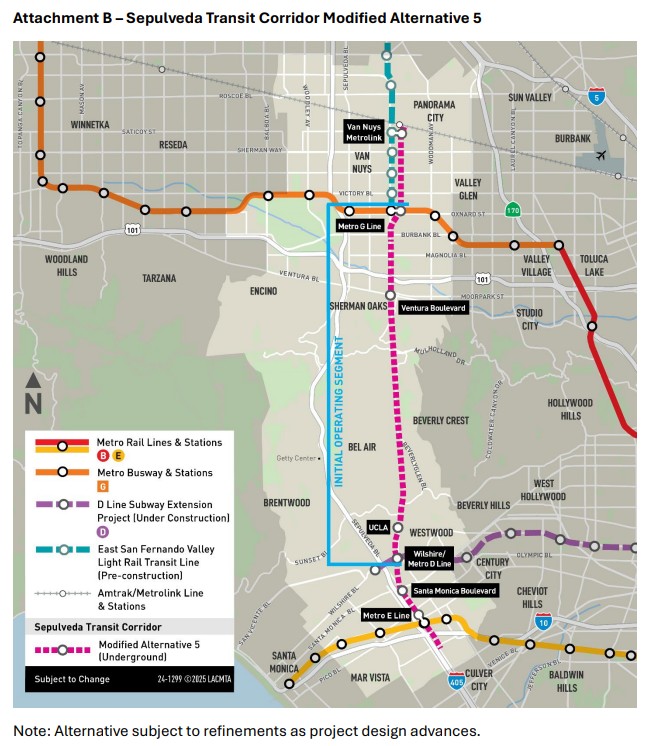Reading this sentence in a mainstream publication just validated everything I feel about the kind of parent I want to be: "It doesn’t mean millennials put parenthood second, but their definition of what makes a good parent is Mom and Dad being happy, and exposing their child to all the things that they have enjoyed."
That's what MaryLeigh Bliss, trend editor of New York-based marketing firm Ypulse told the Washington Post in an article about DC's baby boom.
Post writer Carol Morello reports:
In the past three years, the number of children younger than 5 has grown by almost 20 percent, from 33,000 to 39,000, according to census figures. The number of babies is expected to soar as more millennials, who tend to marry and start families later than previous generations did, reach their early and mid-30s.
It's encouraging to see the model of parenthood changing. And as Bliss said, these attitudes toward urban parenting aren't about Mommy and Daddy wanting to party, and to hell with the kids. They -- we -- are raising kids in cities precisely because we believe the diversity of experiences and interactions make cities an enriching place to grow up.
Still, naysayers like Joel Kotkin, booster of all things suburban, maintain that cities are playgrounds of rich singles and hostile to the needs of families with children.
But the current baby boom in DC tells a different story. It also may signal the final demise of white flight. The ranks of white infants and toddlers grew by 34 percent in the District "even as white children younger than 5 declined by 3 percent nationwide." Not only are whites coming back to central cities, they're putting down roots.
How deep are these roots? It's hard to say. While there are almost 20 percent more babies being born in DC now than three years ago, the number of children ages 5 to 13 rose just 7 percent, and the number of kids 14 and up actually fell. That means city parents are still giving up on urban living -- and, perhaps more to the point, urban schools -- by the time their kids hit high school.
Education has been the last frontier in retaining parents in cities. As we covered a few months ago, a recent study by the real estate company Trulia found that there was just one zip code in DC’s city limits where "backpacks" (5- to 9-year-old kids) outnumbered "strollers" (kids aged 0 to 4). Outside of the tony Chevy Chase neighborhood, everywhere in DC has more babies than bigger kids.
Maybe that'll change as the babies of this boom grow up. There are signs that it's changing already.
Evelyn Boyd Simmons bought her home in Logan Circle in 1998. “It was a time when the conventional wisdom was, you’ve got to leave when you have children, you don’t have a choice,” she told the Post. “There are a lot more kids in the city now. People are not hightailing it for the hills as they used to once they had kids.”
Despite the hurdle of education, there are more than enough advantages of city living to entice parents to forget the suburbs. One of them, according to many parents interviewed by the Post, is the option to live car-free. "Many of today’s new parents choose walking over driving and hate the thought of commuting to work," Morello writes.
Father-of-two Eric Asche told the Post that he and his wife have resisted the temptations of the suburbs because he "can walk out my office door and be home in 10 minutes, so it’s much easier for me to participate in my sons’ life.”
“We love Metro, we love walking everywhere,” said Emily Scherer, who's raising two kids lives in Shaw and says she doesn't understand why other parents would leave for the suburbs. “I think it’s the idea of what the American Dream was. I would love my five acres and big French chateau, but I don’t want to drive to the grocery store, so it’s kind of a deal-breaker for me.“







